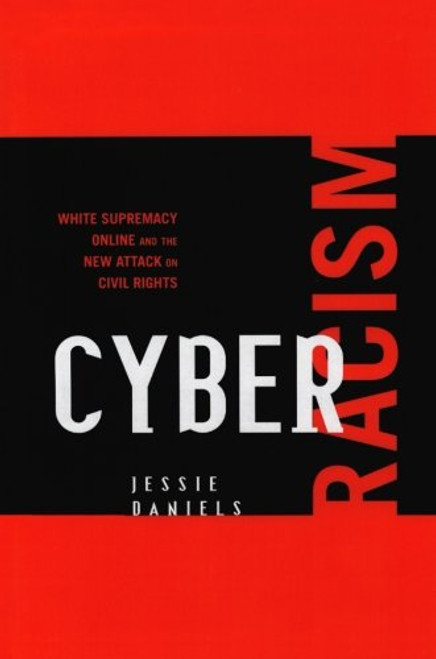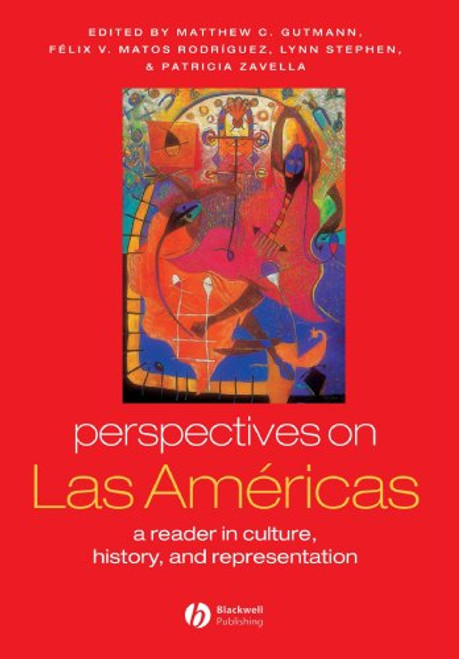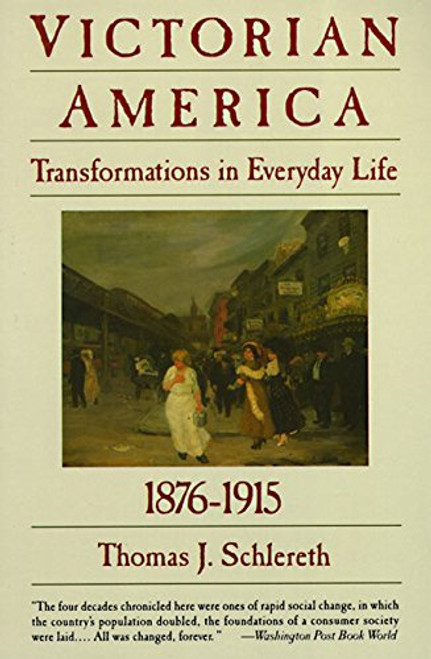Product Overview
Breaking the Code of Good Intentions: Everyday Forms of Whiteness examines why most white people in the U.S. believe we have achieved racial equality though social and economic indicators suggest otherwise. The book draws on research conducted between 1998-2000 at a college within the largest urban public university in the nation, exploring white students' perceptions about identity, privilege, democracy, and intergroup relations. The book explores mechanisms that reinforce the adherence to dominant narratives (thereby functioning to maintain and reproduce racialized structures of inequality) and identifies 'cracks in the wall of whiteness,' circumstances that can foster understanding about systemic and racialized patterns of inequality. The author illuminates the connection between everyday thinking and the policies and programs that structure society. Framed within an analysis of economic and political transitions that have occurred within the United States and globally in the second half of the twentieth century, the author examines the shift in public opinion from a presumption of collective responsibility for the common good and toward a belief in the social survival of the fittest and explores the extent to which these transitions led to the acute sense of white victimization that is portrayed by the media. Concluding with recommendations for academia and society at large, this book asserts that the time is overdue for the dismantling of narratives that align ordinary whites with global elites and that the very future of humanity depends on challenging this long-time pattern.










